Meet the Minds That Changed the World
Pioneers of Progress: Shaping Technology, Industry, and Flight
Throughout history, a few pioneers have transformed technology, industry, and the modern world. Steve Jobs reimagined personal tech with the iPhone, iPad, and Mac. Rudolf Diesel revolutionized transportation with his efficient diesel engine. Thomas Edison lit up the world with the electric light bulb and shaped media with the phonograph and motion pictures. Nikola Tesla powered the future with alternating current and wireless transmission. And the Wright Brothers launched modern aviation with the first successful powered flight. Their groundbreaking ideas continue to shape how we live, move, and connect.
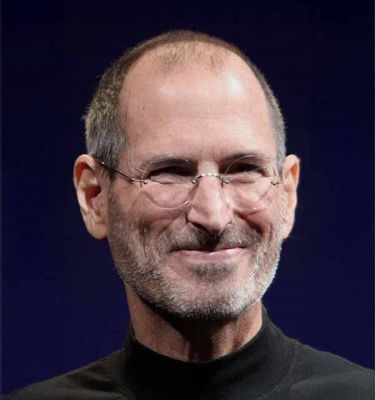
Steve Jobs
Steve Jobs was the visionary co-founder of Apple Inc., known for revolutionizing personal technology. He played a key role in creating iconic products like the iPhone, iPad, iPod, and Mac, which redefined how people interact with technology. Jobs was admired for his design-driven mindset, innovation, and ability to foresee consumer needs before they were realized. His legacy continues to shape the tech industry and influence how the world communicates, works, and lives.
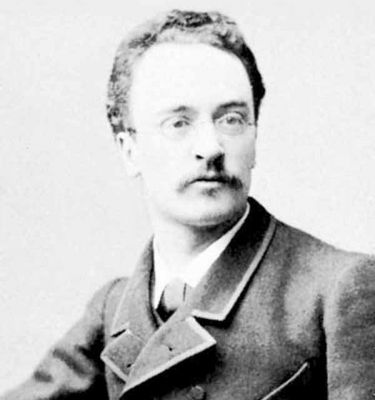
Rudolf Diesel
Rudolf Diesel was a German engineer and inventor best known for developing the diesel engine. His invention significantly improved fuel efficiency and became a cornerstone of modern transportation and industry. Unlike gasoline engines, diesel engines offered greater power and durability, making them ideal for trucks, ships, and trains. Diesel’s work not only transformed mechanical engineering but also helped drive global industrialization.
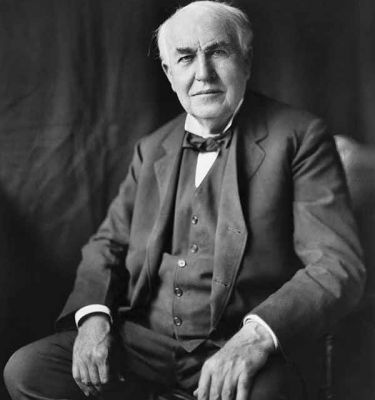
Thomas Edison
Thomas Edison was a prolific American inventor who held over 1,000 patents and changed the world with his practical innovations. He is best known for inventing the electric light bulb, the phonograph, and early motion picture technology. Edison’s work helped usher in the modern age of electricity and mass communication. His inventions laid the groundwork for industries that continue to shape everyday life.
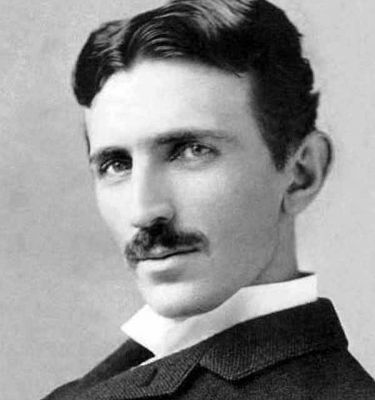
Nikola Tesla
Nikola Tesla was a brilliant inventor and electrical engineer whose work laid the foundation for modern power systems. He is best known for developing alternating current (AC) electricity, which became the global standard for power transmission. Tesla also pioneered wireless communication, radio, and early concepts of remote control. His visionary ideas, many ahead of their time, continue to inspire innovation and scientific discovery.
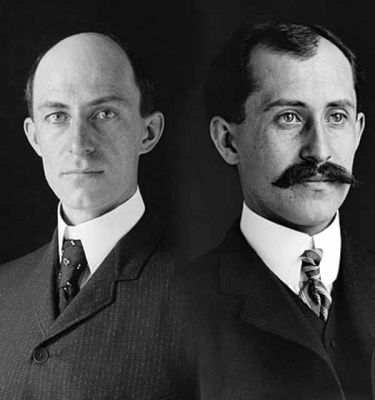
The Wright Brothers (Orville & Wilbur Wright)
The Wright Brothers, Orville and Wilbur, were American inventors and aviation pioneers who built and flew the world’s first successful powered airplane in 1903. Their breakthrough in controlled flight marked the beginning of modern aviation. Through relentless experimentation and engineering, they unlocked the mechanics of lift, propulsion, and control. Their achievement forever changed transportation and opened the skies to human exploration.
SCIENTISTS WHO CHANGED THE WORLD
Science has been shaped by brilliant minds whose discoveries transformed how we understand the world around us. Albert Einstein changed the course of physics with his theory of relativity, redefining our concepts of space, time, and gravity. Isaac Newton laid the groundwork for classical physics and developed calculus, creating a framework that guided scientific thought for centuries. Marie Curie opened new frontiers in the study of radioactivity and became the first woman to win a Nobel Prize—earning two in different scientific fields. Charles Darwin revolutionized biology with his theory of evolution by natural selection, offering a new perspective on the diversity of life. And Galileo Galilei, often called the father of modern science, challenged traditional views with his groundbreaking work in astronomy and physics. Their contributions continue to influence science and inspire curiosity today.
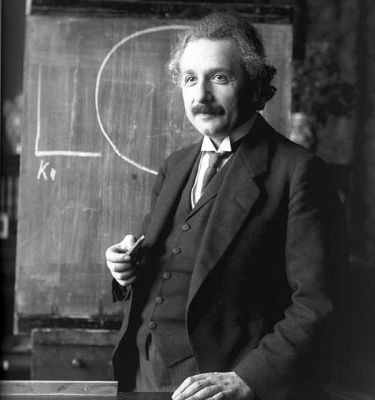
Albert Einstein
Albert Einstein was a theoretical physicist best known for developing the theory of relativity, which transformed our understanding of space, time, and gravity. His famous equation, E=mc², revealed the relationship between mass and energy and laid the groundwork for modern physics. In 1921, he was awarded the Nobel Prize in Physics for his explanation of the photoelectric effect, which was crucial to the development of quantum theory. Einstein's ideas not only reshaped science but also had a profound impact on technology, philosophy, and our view of the universe.
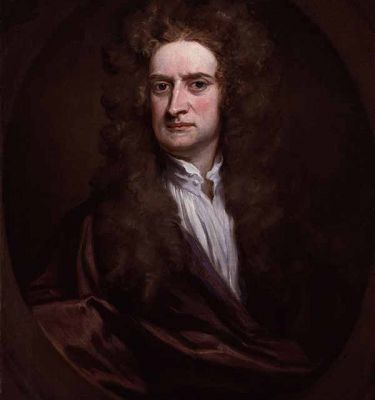
Isaac Newton
Isaac Newton was a mathematician and physicist who laid the foundation for classical mechanics with his laws of motion and universal gravitation. His work explained how objects move both on Earth and in space, unifying the physics of the heavens and the Earth. He also invented calculus, providing essential tools for scientific analysis and engineering. Newton’s discoveries revolutionized science and remained the standard framework for understanding the physical world for over two centuries.
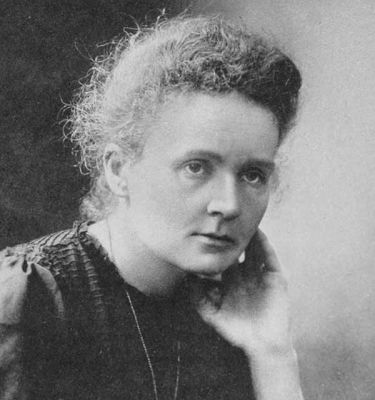
Marie Curie
Marie Curie was a pioneering physicist and chemist who conducted groundbreaking research on radioactivity. She was the first woman to win a Nobel Prize and remains the only person to win Nobel Prizes in two different scientific fields—Physics and Chemistry. Her discoveries of the elements polonium and radium advanced medical treatments and deepened our understanding of atomic science. Curie’s dedication and achievements opened doors for women in science and left a lasting legacy in both research and medicine.
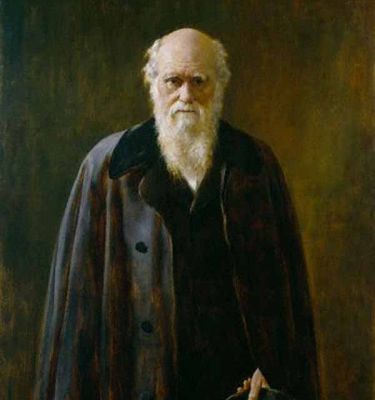
Charles Darwin
Charles Darwin was a naturalist who developed the theory of evolution by natural selection, fundamentally changing how we understand life on Earth. His observations during the voyage of the HMS Beagle, especially in the Galápagos Islands, led him to realize that species adapt over time to survive in their environments. In 1859, he published On the Origin of Species, sparking scientific and societal debates that continue today. Darwin’s work laid the foundation for modern biology and our understanding of the diversity of life.
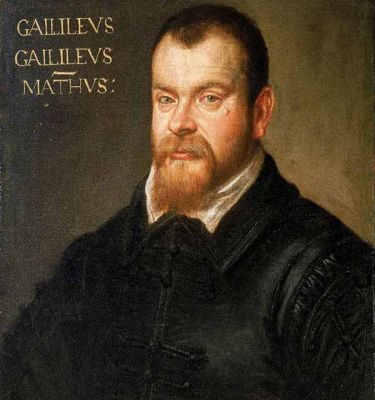
Galileo Galilei
Galileo Galilei was an Italian astronomer, physicist, and mathematician who played a key role in the Scientific Revolution. He improved the telescope and used it to make groundbreaking observations, such as discovering moons orbiting Jupiter and the phases of Venus, which supported the heliocentric model of the solar system. Galileo also laid the foundations of modern physics by studying motion and formulating the laws of falling bodies. His work challenged long-held beliefs and marked a turning point in the way science approached understanding the natural world.
Visionary Leaders Who Changed the Course of History
Throughout history, certain individuals have stood out not just for their actions, but for their vision and unwavering leadership in times of great challenge. Nelson Mandela inspired the world by leading South Africa out of apartheid and becoming a symbol of reconciliation and unity. Winston Churchill’s steadfast resolve during World War II made him a beacon of resistance and courage for the British people. Mahatma Gandhi led India’s fight for independence through nonviolence, proving that change can be achieved without bloodshed. Abraham Lincoln guided the United States through its Civil War, abolished slavery, and held the nation together during its darkest hour. Angela Merkel, as Germany’s first female Chancellor, shaped European politics with calm determination and became one of the most influential leaders of the 21st century.
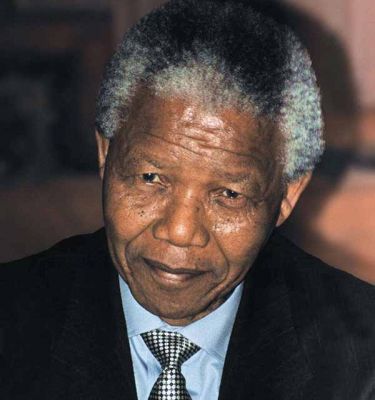
Nelson Mandela
Nelson Mandela was a South African anti-apartheid activist who spent 27 years in prison for his resistance to racial segregation and injustice. After his release, he led the country’s transition to democracy and became its first Black president in 1994. Mandela emphasized forgiveness, unity, and reconciliation, helping to heal a deeply divided nation. His leadership and moral courage made him a global symbol of peace, justice, and human rights.
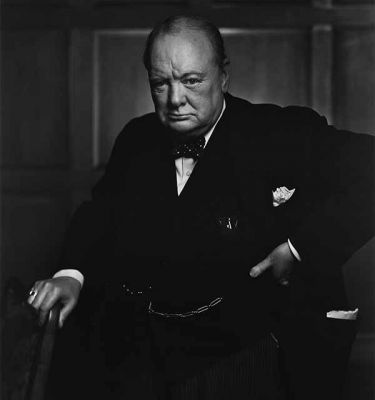
Winston Churchill
Winston Churchill was the British Prime Minister who led the United Kingdom through the darkest days of World War II. Known for his powerful speeches and unwavering determination, he became a symbol of resistance against Nazi Germany. His leadership helped rally the British people and forge strong alliances that were crucial to the Allied victory. Churchill’s legacy endures as one of history’s most influential wartime leaders and a defender of democracy.
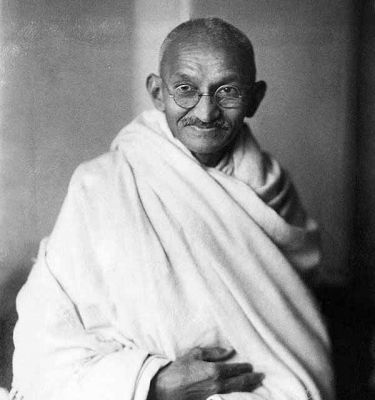
Mahatma Gandhi
Mahatma Gandhi was a leader of India’s struggle for independence, known for his unwavering commitment to nonviolent resistance. Through peaceful protests, civil disobedience, and moral leadership, he mobilized millions against British colonial rule. His philosophy of ahimsa (nonviolence) inspired civil rights movements around the world. Gandhi’s legacy lives on as a powerful example of how change can be achieved through peace, truth, and resilience.
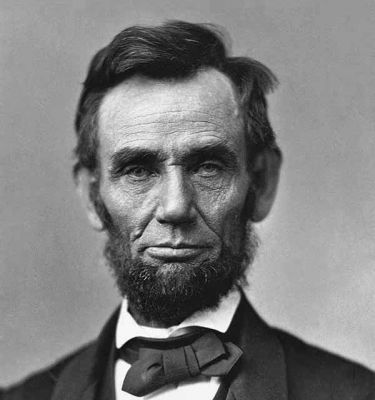
Abraham Lincoln
Abraham Lincoln was the 16th president of the United States and led the nation through the Civil War, its greatest constitutional and moral crisis. He preserved the Union and issued the Emancipation Proclamation, which paved the way for the abolition of slavery. Known for his powerful speeches, including the Gettysburg Address, Lincoln emphasized equality, liberty, and national unity. His leadership and vision left a lasting impact on American democracy and civil rights.
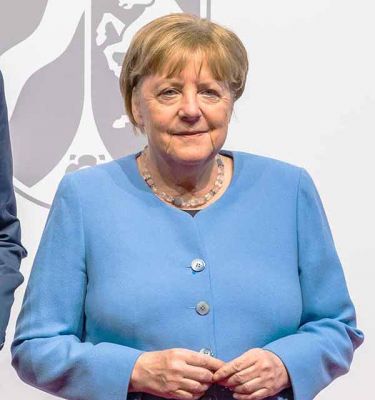
Angela Merkel
Angela Merkel was the first female Chancellor of Germany and served for 16 years, becoming one of the world’s most influential political leaders. Known for her pragmatic, steady leadership, she guided Germany through major crises including the global financial meltdown, the Eurozone crisis, and the refugee crisis. Merkel played a key role in shaping European Union policy and maintaining stability within the bloc. Her calm, science-driven approach and emphasis on consensus earned her widespread respect both at home and internationally.
Artists Who Redefined Music and Inspired Generations
Music has always been a reflection of its time—and some artists do more than reflect; they redefine. Ludwig van Beethoven broke the mold of classical composition and bridged the gap to the Romantic era, pushing the emotional and structural boundaries of music. The Beatles transformed pop music with their innovative songwriting and became symbols of cultural change for an entire generation. Michael Jackson revolutionized performance and music video, becoming a global icon whose influence still echoes through pop and dance. In the 21st century, Taylor Swift has emerged as a defining voice, blending storytelling with genre-crossing reinvention to capture the spirit of a new era.
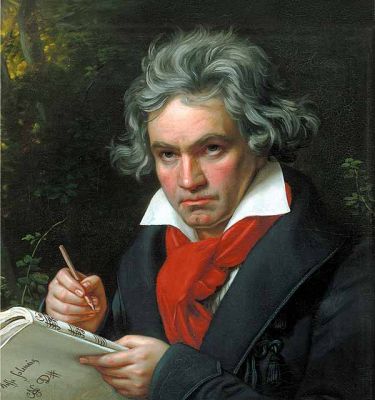
Ludwig van Beethoven
Ludwig van Beethoven was a German composer and pianist who played a pivotal role in the transition from the Classical to the Romantic era in music. His compositions broke traditional structures and infused music with deep emotional expression and personal intensity. Despite losing his hearing later in life, he continued to create some of his most powerful and enduring works, including his Ninth Symphony. Beethoven's bold innovations and passionate style forever changed the course of Western music.
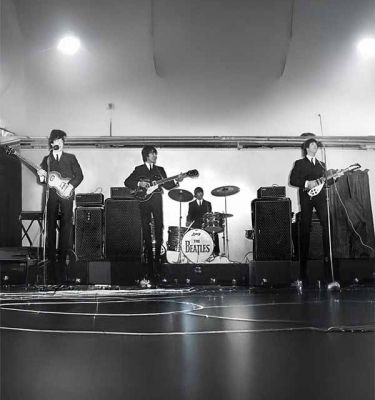
The Beatles
The Beatles were a British band that revolutionized popular music in the 1960s with their innovative songwriting, harmonies, and genre-blending sound. Starting with catchy rock and roll hits, they evolved into groundbreaking artists who experimented with studio techniques, global influences, and deeper lyrical themes. Their cultural impact extended far beyond music, shaping fashion, youth identity, and social attitudes around the world. The Beatles remain one of the most influential and beloved bands in history.
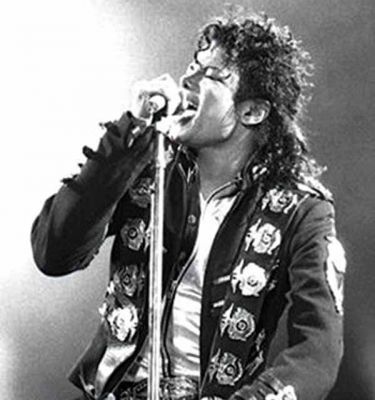
Michael Jackson
Michael Jackson was a groundbreaking artist known as the "King of Pop," whose music, dance, and style transformed the global entertainment landscape. He rose to fame as a child with the Jackson 5 and went on to achieve unprecedented solo success with albums like Thriller, the best-selling album of all time. Jackson revolutionized the music video as an art form and introduced iconic dance moves like the moonwalk. His influence on pop culture, performance, and global music remains unmatched to this day.

Taylor Swift
Taylor Swift is a singer-songwriter who has become one of the most influential artists of the 21st century. She began her career in country music before successfully transitioning to pop, consistently reinventing her sound while maintaining a strong lyrical focus on personal storytelling. Swift is known for her deep connection with fans, business acumen, and advocacy for artists’ rights. Her music and cultural impact have made her a defining voice of her generation.
Seeing Differently: The Artists Who Shaped Our Imagination
Art has the power to challenge perceptions, stir emotions, and reshape how we see the world—and some artists have done this so profoundly that their influence spans centuries. Leonardo da Vinci, the quintessential Renaissance genius, blended science and art to create timeless works like the Mona Lisa that continue to captivate the world. Pablo Picasso broke every rule of representation, pioneering cubism and redefining the possibilities of modern art. Vincent van Gogh poured raw emotion into color and brushstroke, leaving behind a legacy of passion and vulnerability. Frida Kahlo turned personal pain and political identity into powerful, surrealist self-portraits that still resonate today. And Banksy, the elusive street artist, uses public spaces to confront injustice and provoke thought—proving that art can be both anonymous and unforgettable.
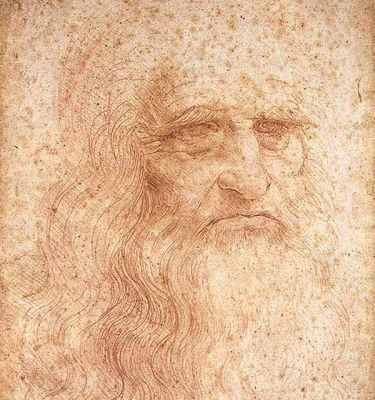
Leonardo da Vinci
Leonardo da Vinci was a true Renaissance polymath—an artist, scientist, and inventor whose curiosity knew no bounds. He created some of the world’s most famous paintings, including the Mona Lisa and The Last Supper, known for their masterful technique and emotional depth. Beyond art, he explored anatomy, engineering, and physics, leaving behind notebooks filled with visionary ideas far ahead of his time. Leonardo’s fusion of art and science redefined creativity and continues to inspire generations across disciplines.
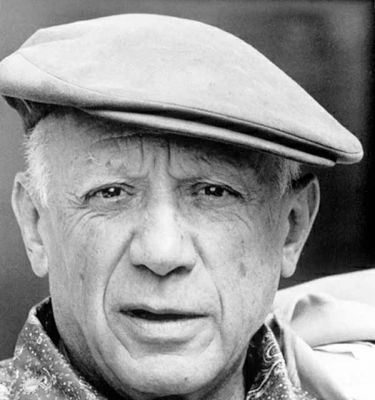
Pablo Picasso
Pablo Picasso was a revolutionary Spanish artist who co-founded the Cubist movement and redefined modern art. His work spanned a wide range of styles, from the emotional depth of the Blue Period to the bold abstraction of Cubism. Picasso constantly reinvented his approach, breaking traditional artistic rules and influencing countless artists around the world. His fearless creativity and prolific output made him one of the most important and influential artists of the 20th century.
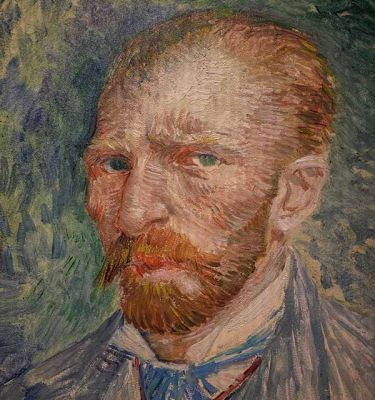
Vincent van Gogh
Vincent van Gogh was a Dutch post-impressionist painter whose emotionally charged work and bold use of color left a lasting impact on the art world. Though he struggled with mental illness and received little recognition during his lifetime, he produced over 2,000 artworks, including iconic pieces like Starry Night and Sunflowers. His expressive brushwork and ability to convey deep emotion through everyday scenes set him apart from his contemporaries. Today, van Gogh is celebrated as one of the most influential and beloved artists in history.
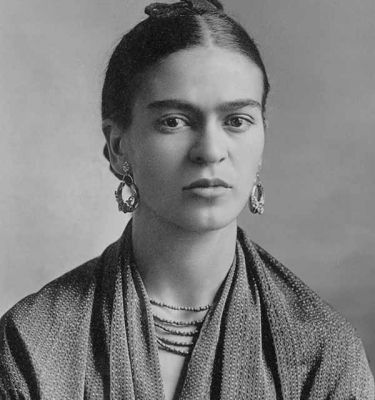
Frida Kahlo
Frida Kahlo was a Mexican painter known for her deeply personal and symbolic self-portraits that explored themes of identity, pain, and resilience. Drawing from her own experiences with illness, injury, and love, she infused her art with raw emotion and political commentary. Blending surrealism, folklore, and vibrant Mexican culture, her work became a powerful voice for feminism and social justice. Today, Kahlo is not only an iconic artist but also a symbol of strength, individuality, and unapologetic self-expression.

Banksy
Banksy is an anonymous street artist whose provocative and politically charged works have captured global attention. Using stencils and public spaces, he challenges authority, consumerism, and social injustice with sharp wit and striking imagery. Despite remaining unidentified, his art has appeared on walls from London to the West Bank, sparking debate and acclaim. Banksy has redefined street art as a powerful form of activism and cultural commentary.
Pen, Power, and Perspective: Writers Who Left a Mark on the World
Art has the power to challenge perceptions, stir emotions, and reshape how we see the world—and some artists have done this so profoundly that their influence spans centuries. Leonardo da Vinci, the quintessential Renaissance genius, blended science and art to create timeless works like the Mona Lisa that continue to captivate the world. Pablo Picasso broke every rule of representation, pioneering cubism and redefining the possibilities of modern art. Vincent van Gogh poured raw emotion into color and brushstroke, leaving behind a legacy of passion and vulnerability. Frida Kahlo turned personal pain and political identity into powerful, surrealist self-portraits that still resonate today. And Banksy, the elusive street artist, uses public spaces to confront injustice and provoke thought—proving that art can be both anonymous and unforgettable.
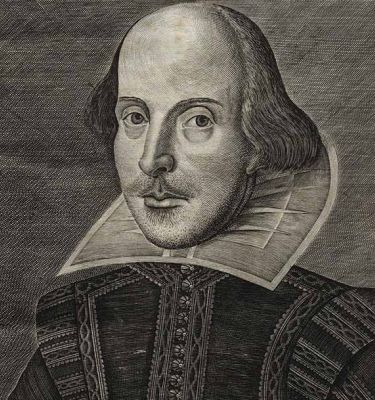
William Shakespeare
William Shakespeare was an English playwright and poet whose works have had a profound and lasting impact on literature, language, and culture. He wrote timeless plays such as Hamlet, Macbeth, and Romeo and Juliet, exploring themes like love, power, betrayal, and the human condition. His mastery of storytelling, character development, and poetic language set a standard that continues to influence writers and performers worldwide. Shakespeare’s words and ideas remain as relevant today as they were over 400 years ago.
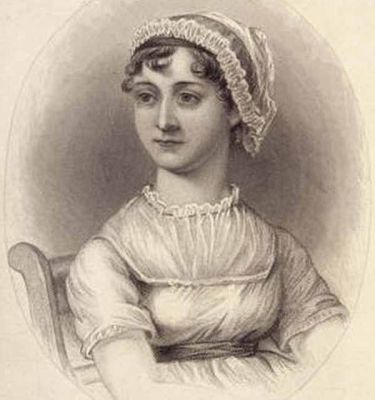
Jane Austen
Jane Austen was an English novelist renowned for her sharp wit, keen observations of society, and masterful character development. Through novels like Pride and Prejudice and Emma, she explored themes of love, class, and the role of women with elegance and subtle irony. Her works offered a window into the social dynamics of her time while highlighting the inner lives and agency of her female protagonists. Austen's influence endures, making her one of the most beloved and enduring voices in English literature.
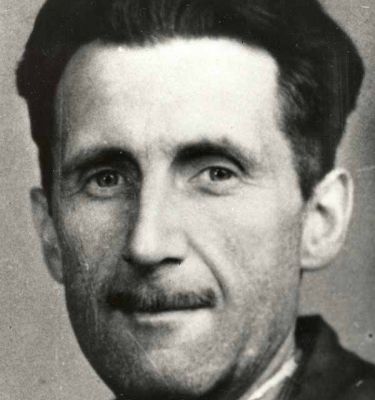
George Orwell
George Orwell was a British writer and journalist best known for his powerful critiques of totalitarianism and political oppression. His novels 1984 and Animal Farm are enduring allegories that explore themes of surveillance, propaganda, and the abuse of power. Orwell’s clear, direct prose and moral urgency made him one of the most influential political thinkers of the 20th century. His work continues to resonate in discussions about freedom, truth, and authority in modern society.

Toni Morrison
Toni Morrison was an acclaimed American novelist and Nobel Prize winner whose work explored the complexities of race, identity, and history in the United States. Her novels, including Beloved, The Bluest Eye, and Song of Solomon, gave voice to Black experiences with lyrical language and emotional depth. Morrison’s storytelling centered on the struggles and resilience of African American communities, often weaving the personal with the historical. Her powerful narratives have left an indelible mark on literature and continue to inspire readers around the world.
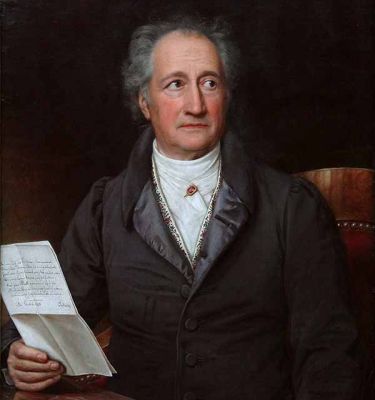
Johann Wolfgang von Goethe
Johann Wolfgang von Goethe was a towering figure in German literature and one of the most influential writers of the Western world. His masterpiece Faust blends philosophy, theology, and poetic drama to explore the human search for meaning and fulfillment. Goethe’s works span poetry, novels, and scientific writings, reflecting his deep curiosity and intellectual range. His legacy helped shape not only German culture but also the broader Romantic and Enlightenment movements across Europe.
Enhance your travel with our Apps
If you like to travel in real life or virtual, then you have come to the right place.

VOYAGER
Mobile Travel Companion
Plan your perfect trip with NewPerspective Voyager. Designed for travelers on the go, Voyager provides all the tools you need to make your journey smooth and unforgettable:
- Comprehensive travel guides, including the best sights, accommodations, restaurants, and transportation tips.
- Practical information like currency exchange points and local travel insights.
- Group travel support with built-in chat features, document sharing, and itinerary collaboration.
With Voyager in your pocket, every trip becomes stress-free and memorable.

Explorer 360
VR/AR Software for Goggles & Mobile Phones
Immerse yourself in the world like never before. NewPerspective Explorer leverages cutting-edge VR/AR technology to bring your travels to life. With access to Google Earth data, you can fly to any destination, view stunning 3D cities, and explore Street View. But that’s just the beginning.
Explorer stands out by offering:
- High-resolution 360° videos and panoramic images for breathtaking realism.
- Free exploration of locations using advanced Gaussian Splats technology for seamless navigation.
- Curated landmarks, each narrated to deepen your understanding and connection to the places you visit.
With Explorer, you don’t just visit a location—you experience it.

